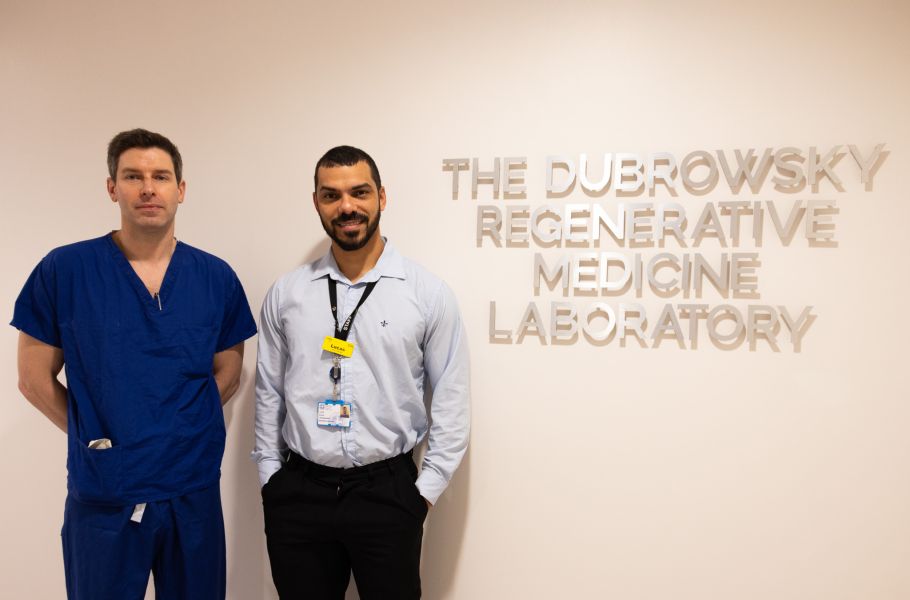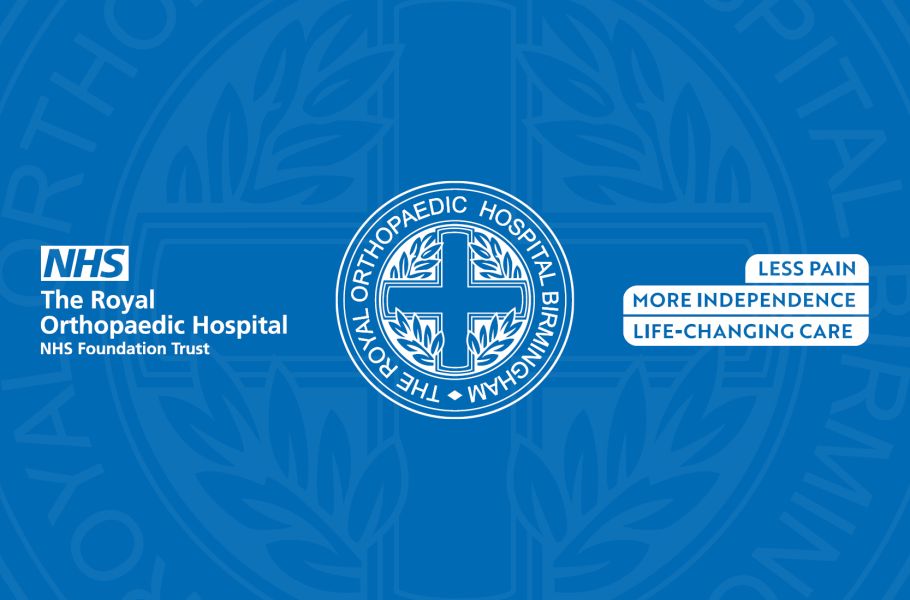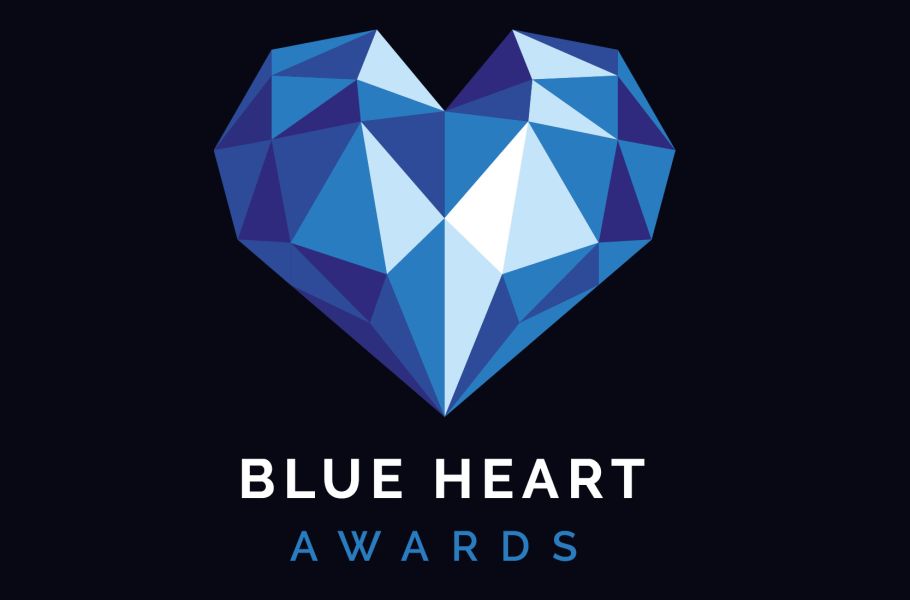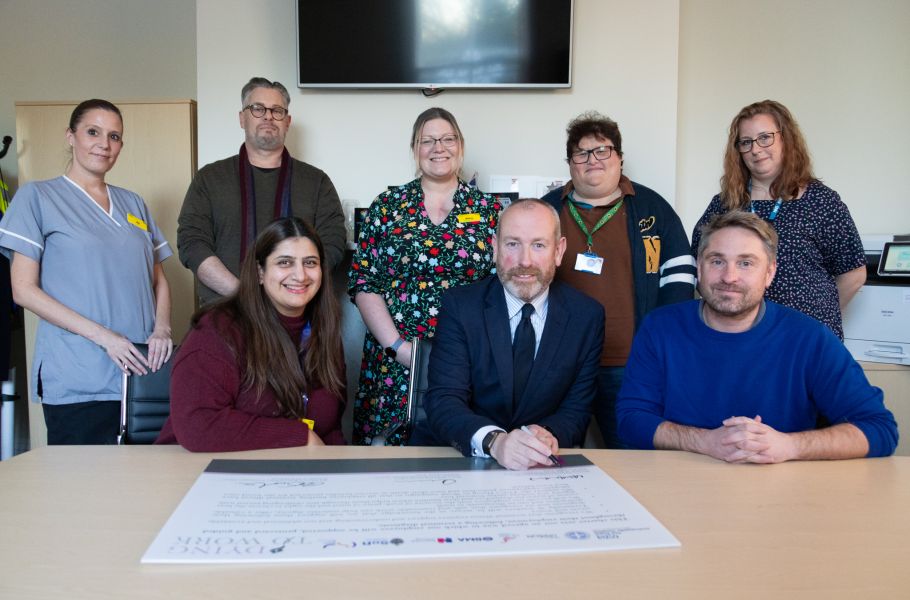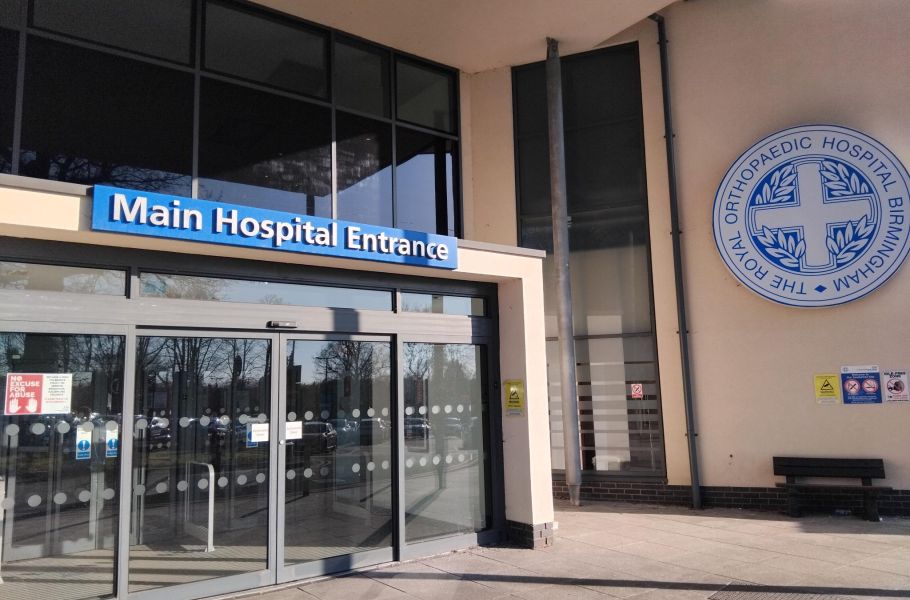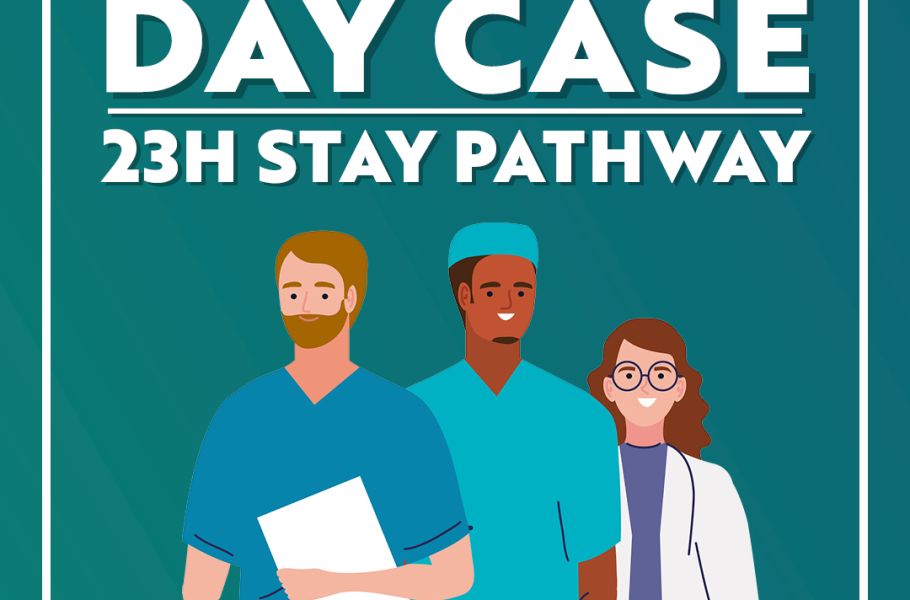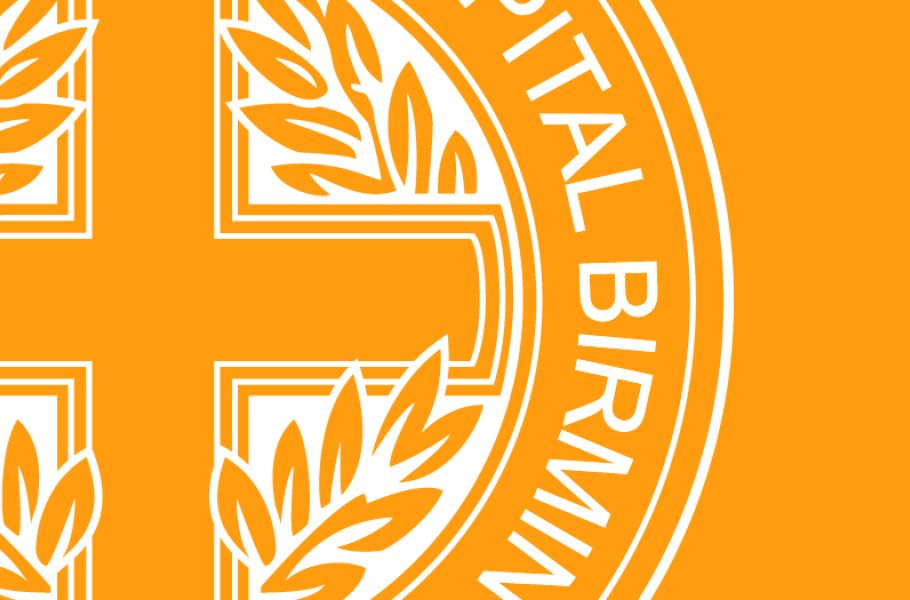Genomics at ROH

We caught up with Mr Jonathan Stevenson, Consultant Orthopaedic Oncology & Arthroplasty Surgeon and Genomics Lead at the Royal Orthopaedic Hospital to understand more about genomics and what benefits it brings.
With the Bone Cancer Research Trust (BCRT) and Genomics England support we are privileged to be one of the first Trusts to include Whole Genome Sequencing as the standard level of care our patients receive.
What is genome sequencing?
Genomes are the building blocks for your DNA (deoxyribose nucleic acid). In your DNA you have around 20,000 genes.
Each gene contains instructions for a specific molecule, usually a protein, that make up our bodies. They carry information that determines your physical features passed on to you from your parents. For example, this could be the keratin protein that is found in your hair and fingernails.
This sounds like a big job, but in fact genes only make up 1%-5% of your genome, the rest of the DNA plays a role in regulating these genes and the entire genome.
Whole genome sequencing is essentially a way to read your DNA (your whole genome). It’s used to understand the components of your DNA and if there are unusual changes in the code, called mutations. For example, a mutation may indicate a higher risk of having cancer.
Who is eligible for whole genome sequencing?
All suspected sarcoma and carcinoma of unknown primary (CUP) patients being investigated at the Royal Orthopaedic Hospital and those under 16 years who undergo investigations on behalf of the ROH at Birmingham Children’s Hospital.
Why is whole genome sequencing important for sarcoma patients?
Sarcoma is caused by mutations that drive the development and growth of tumours. Whole genome sequencing can help to accurately confirm a cancer diagnosis, or even find mutations that may enable recruitment to clinical trials or novel targeted therapies as knowing which mutations are driving tumour growth may help us to tailor treatments to control these tumours.
What genome sequencing work does ROH carry out?
With the support of BCRT and Genomics England, we are carrying out Whole Genome Sequencing to help improve diagnosis and management of rare bone and soft tissue sarcomas, meaning that our patients receive targeted therapies.
Patients who come to us with a possible sarcoma are asked if they would like to participate in whole genome sequencing. Those that decide to take the test will have a blood sample taken and a tissue biopsy of the tumour which is then analysed, and the results sent back to your consultant. The results are then used by your healthcare professionals to inform your care.
All genomic data is kept securely and confidentially. It is entered into a secure national database for the NHS Genomic Medicine Service and only staff with approved access can see your data.
This knowledge is particularly useful for treating metastatic bone cancer. As a national lead for metastatic bone disease, the Royal Orthopaedic Hospital sees a higher proportion of patients with metastatic bone cancer. Often, we don’t have the information on where the cancer started, which makes it much harder to treat. By collecting more genome data from patients, we hope this will lead to more targeted patient care in the future which in turn should positively impact patient outcomes.
Who is involved in genomics at ROH?
The Royal Orthopaedic Hospital has introduced a dedicated Genomics Lead and Genomics Research Nurse who identify patients suitable for whole genome sequencing at Multi-disciplinary team (MDT) meetings. These are regularly scheduled for team members with a broad mix of skills and specialties to meet and discuss patient cases.
This approach means we can better carry out the process of whole genome sequencing while being efficient with expediating whole genome sequencing. I’m so proud that this model is held up nationally as an exemplar for innovation in improving genomics nationally.
The genomics research at ROH is supported by the Bone Cancer Research Trust who have provided an infrastructure grant that funds the ROH’s Genomics Nurse role. The Genomics Nurse role is to identify and approach patients to discuss the benefits, maintain a record of patients signed up for WGS, collect and track the samples via their standard pathway within the hospital.
We are also grateful for the support of Birmingham Children’s Hospital, in particular Abigail Gilbert, Genomics Nurse at BCH for supporting whole genome sequencing for our ROH Paediatric patients.
Photo caption:
Genomics Lead – Mr Jonathan Stevenson and Genomics Research Nurse – Beulah Dilipen
